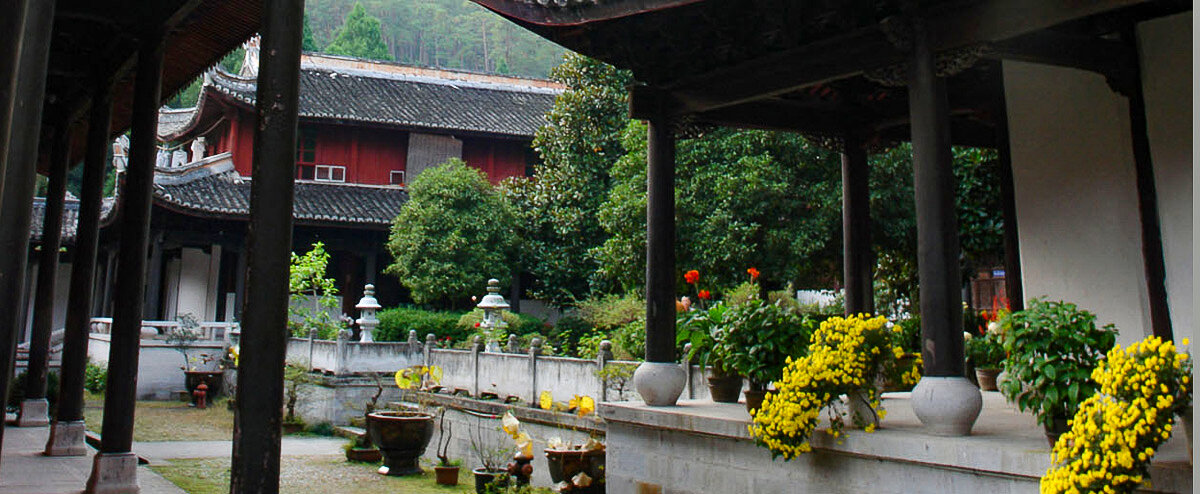
Takaoka, Japan
Our relationship with Takaoka provides opportunities that are as varied as they are plentiful.
This sister alliance has led to many exchanges of government officials, teachers, students, artists, and private citizens. Significant developments have been the Takaoka Koshimae Scholarship Fund, endowed by a prominent citizen of Takaoka, and the Fort Wayne Chapman Exchange Fund, endowed by a charter member of Fort Wayne Sister Cities International.
HISTORY
After World War II, the United States imposed a military government under the command of Douglas MacArthur in Japan. During this time many institutional reforms were made including a decrease in the power of the emperor, numerous changes in the government, and a gradual move toward democracy.
Historically, the Takaoka region was known as “Sekino”, but when Maeda Toshinaga (1562-1614) took control of the city in 1609, It is said he named Takaoka after a verse from the religious poem Shihen which includes the word Takaoka. In addition to this, the fact that Takaoka Castle was built on a slightly elevated shoreline is thought to be another possible origin for the name Takaoka, since Taka means "high" and "Oka" means "hill or elevated land".
TERRAIN & CLIMATE
Japan, an island chain with rugged and mountainous terrain, is located between the North Pacific Ocean and the Sea of Japan. About the size of California, the climate is similar to that of California, with tropical temperatures in the south and is cooler in the northern islands. Japan is a densely populated country, with a majority of the population in or near the capital, Tokyo, on Honshu Island.
EDUCATION
Education in Japan is more structured than that of the United States, and students must pass many qualifying exams. In Japan it is very important to excel academically. Literacy is close to 100 percent, and 95 percent of the population has a high school education. Japanese students study English from the age of 12 throughout their schooling.
LANGUAGE
The official language of Japan is Japanese. It is a very complex and subtle language which is spoken nowhere else in the world as a primary tongue. Most sentences in Japanese can be expressed on at least four different levels of politeness. Eighty four percent of Japanese people are both Shintoists and Buddhists.



